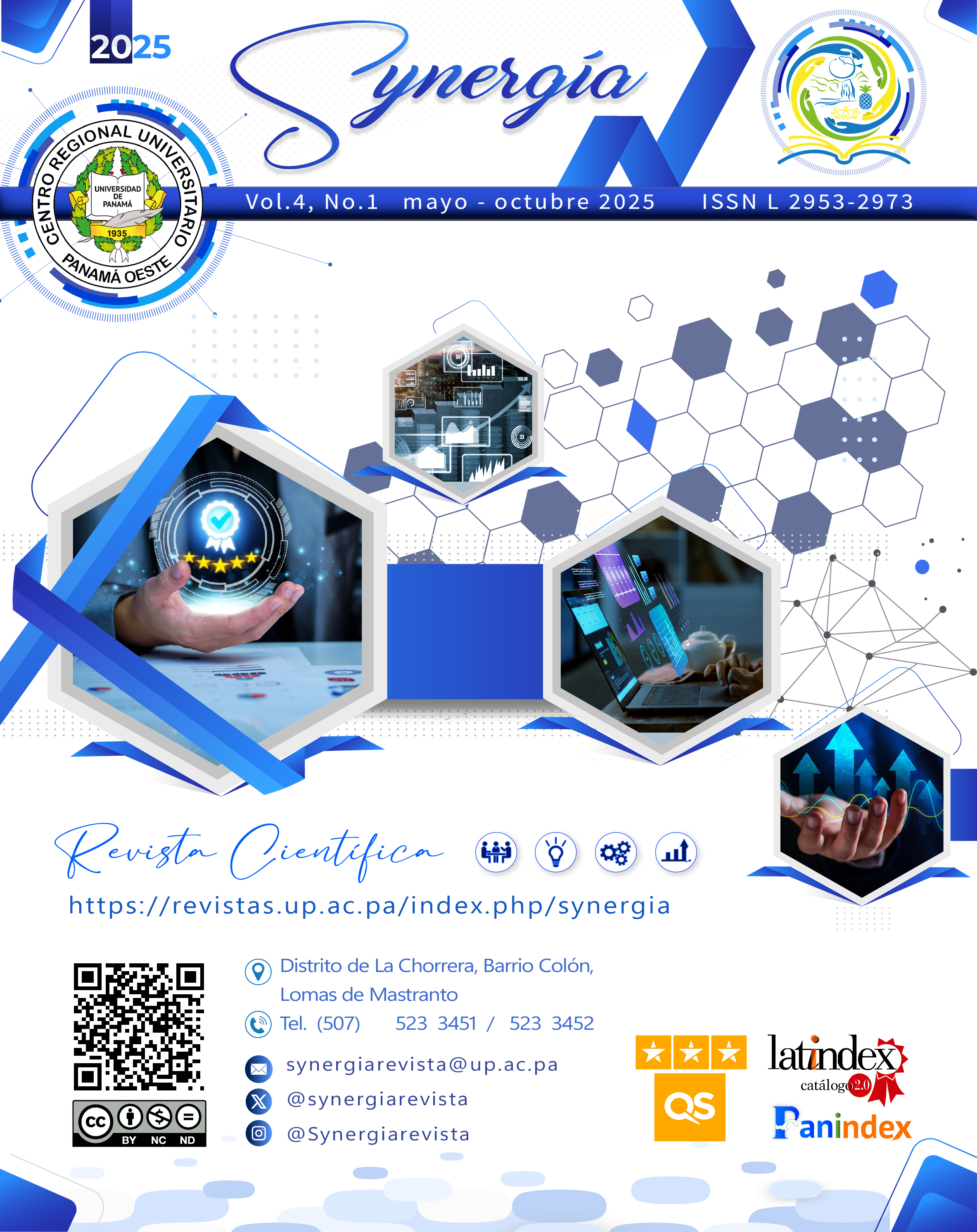

Copyright (c) 2025 Synergía

This work is licensed under a Creative Commons Attribution-NonCommercial-ShareAlike 4.0 International License.
Artificial intelligence (AI) is transforming various sectors, including education, by changing the way knowledge is generated, validated, and transmitted. This essay analyzes the impact of AI on universities, exploring its benefits and challenges, as well as the need for an ethical framework for its responsible implementation. From an epistemological perspective, AI challenges traditional conceptions of knowledge by enabling the production of knowledge through algorithms that process large volumes of data and surpass human capabilities in speed and accuracy. In the university context, AI has the potential to improve administrative management, optimize teaching-learning processes, and transform the production of scientific knowledge. However, it also entails risks, such as the exacerbation of inequalities and technological dependence, which makes it urgent to reflect on its ethical and social implications.